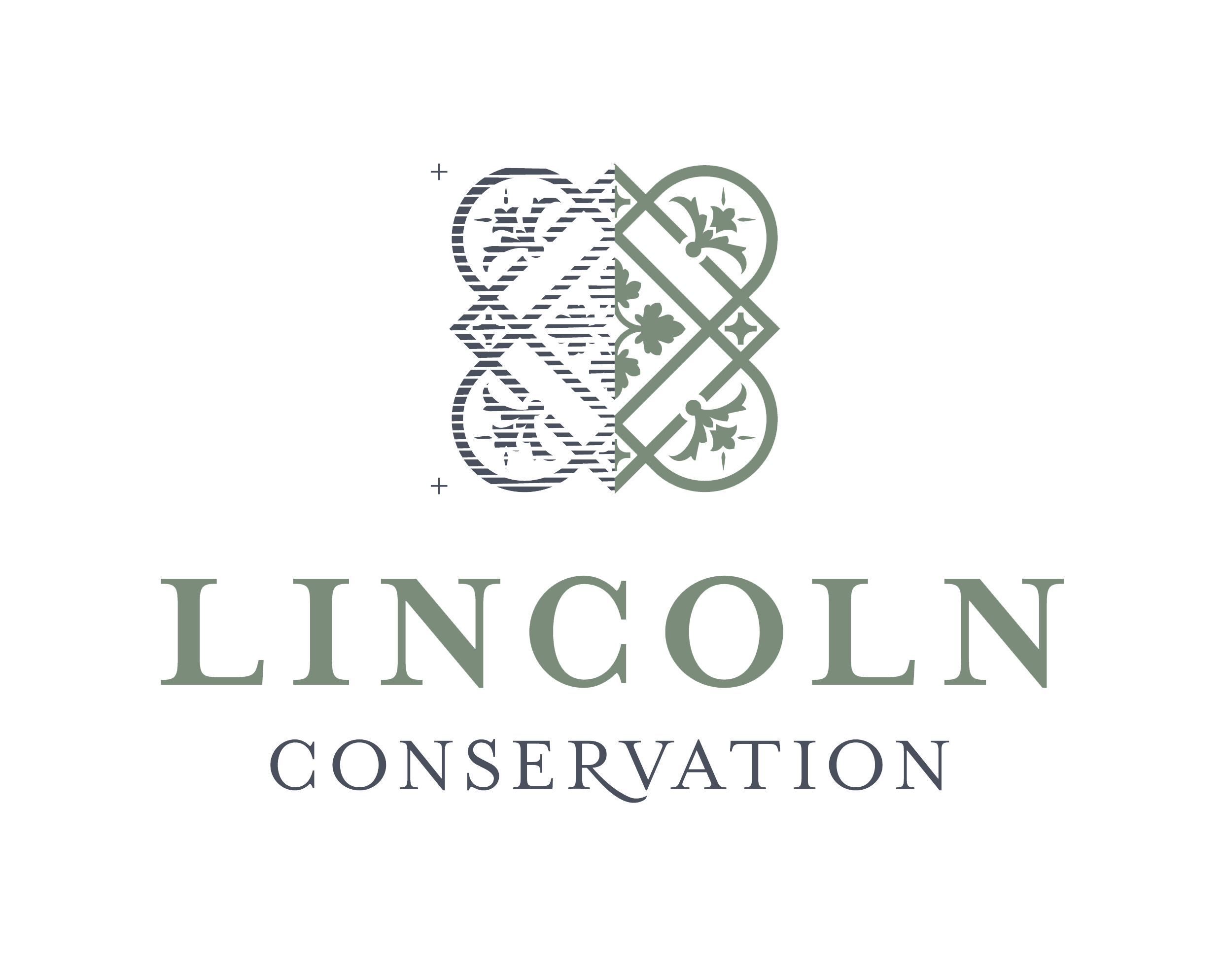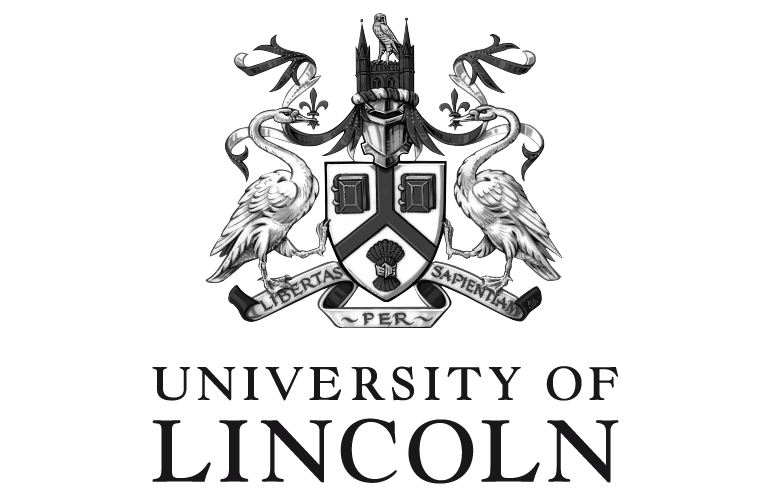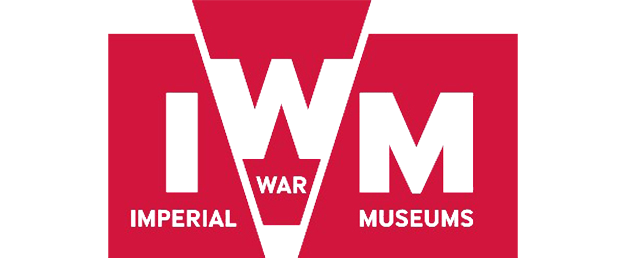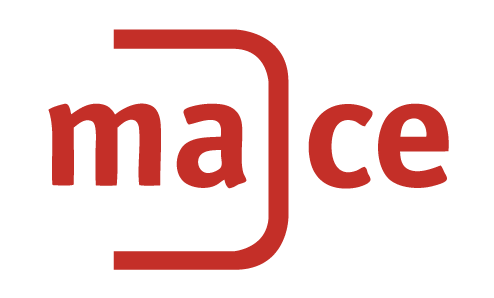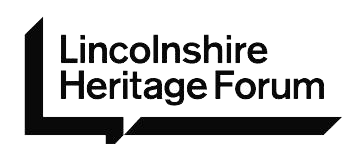Wednesday 22 March, 11.45am – 12.30pm
Parallel Sessions 2a, 2b & 2c
Hosted online
Session 2a
Chair: Sophie Arnold
Dr Catherine Wells, Volunteer, Council for British Archaeology East Midlands, UK
‘Council for British Archaeology – East Midlands Parish Boundaries Project’
Abstract
The East Midlands branch of the Council for British Archaeology works to involve people in archaeology. In addition to our conferences and site visits, we set up the Parish Boundaries Project. Its aim is to enhance our members’ interest and involvement in discovering their local history and archaeology, and preserve this information for posterity. Those taking part are asked to record features along their parish boundaries. We designed the project database and wrote web pages for the public, and for the researchers to login and input their own data, edit it, view it and add photos.
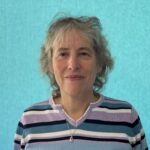
Dr Catherine Wells
Volunteer
Council for British Archaeology East Midlands, UK
Catherine is a physicist and software developer and has jointly run a business providing bespoke software for a wide variety of clients for the past twenty years. Catherine’s work has included writing desktop database programs, mostly for engineering companies, and in recent years developing websites and web based programs. Catherine has been involved in the East Midlands group of the Council for British Archaeology for over twenty years and spent five years as Treasurer. Her role in the group’s Parish Boundaries project was to design, set up and maintain the database and website for recording and viewing the collected data.
Yvonne Conchie, ‘6As of Blanchland’ Project Manager, UK
Revd Dr Helen Savage, Vicar of the Moorland Group of Parishes (including Blanchland), UK
‘The 6As of Blanchland – heritage led regeneration by a deep rural community’
Abstract
Blanchland, on Northumberland’s border with Co. Durham is a village of 84 souls. It uniquely inhabits the footprint of a 12th Century monastery. The grade 1 Abbey church is the only community owned building in the village. Blanchland Community Development Organisation (BCDO), funded by National Lottery Heritage Fund, are using remote sensing with universities to reveal the remarkable acoustics of the church, and a rich heritage of inscriptions made over many centuries, including C20th graffiti. The melding of expertise in digital skills and local knowledge is helping to reinvigorate this isolated community: a rural revival rooted deeply in heritage.
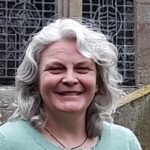
Yvonne Conchie
Project Manager, UK
Yvonne Conchie specialises in deep rural, community led, social innovations. She uses her 30+ years of experience of working in the countryside of northern England to support people and places to determine pragmatic, low carbon ways to become more resilient by making the best of their wildlife, heritage and landscapes. Recent success includes: 6As of Blanchland securing £120k NLHF www.blanchland.org; Rural Churches for Everyone – grassroots assessment, planning and actions for groups of historic buildings to become ‘open and sustainable’; Living Woods CIC Rekindle – securing £250k Forestry Innovation Fund, trialling a scalable, collective business for sustaining our small woodlands.

Rev’d Dr Helen Savage
Vicar of the Moorland Group of Parishes, UK
Helen Savage was a professional archaeologist before ordination to the Anglican ministry during which she has specialised in adult education as well as being a parish priest, for the last eight years as vicar of a large, dispersed, deeply rural, multi-parish benefice.
Session 2b
Chair: Nick Jones
Dr James Louis Smith, Postdoctoral Research Fellow, University College Cork, Ireland
‘Digital Humanities meets Coastal Community: App Development as Regional Development’
Abstract
The Port Places app was created as part of Ports, Past and Present, a European Regional Development project funded by the Ireland Wales Cooperation Programme. This presentation will explore the benefits and challenges of developing the app as a regional development resource and community good rather than as a specialist service dependent on ongoing yearly maintenance fees, the balance of features and cost effectiveness involved, and the planned sustainability and legacy of Port Places.
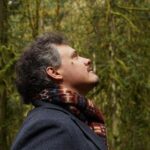
Dr James Louis Smith
Postdoctoral Research Fellow
University College Cork, Ireland
Dr James Louis Smith is Senior Postdoctoral Research Fellow in the School of English and Digital Humanities at University College Cork, working on the 2019-23 Ports, Past and Present project, funded by the European Development Fund through the Ireland Wales Cooperation Programme. His work is at the intersection of the blue, environmental, spatial and digital humanities. He is the lead for Ports, Past and Present of work package 4: Bringing the Past to Life, which includes a story collection, a heritage app and forthcoming signage at the five ports of the Irish Sea Basin.
Dr Anna Scott, Assistant Director, Transported, University of Lincoln, UK
Neil Baker, Artist & Filmmaker, Electric Egg, UK
‘Community co-creation & public engagement with digital heritage in Lincolnshire’
Abstract
Partnerships with digital specialists Electric Egg, Transported arts programme and local authorities have led to the development of successful public engagement projects with digital heritage at their heart. The combination of Electric Egg’s passion for storytelling and talented animation and illustration with Transported’s interest in telling local stories with international dimensions for and with local communities is at the centre of the current ARTeFACT augmented reality project with Spalding Gentlemen’s Museum. Digital projection work with West Lindsey District Council’s Mayflower 400 programme took local public engagement to the next level, bringing history alive for a new generation and re-interpreting a familiar but little understood story for many more.
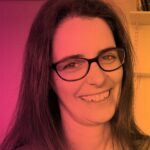
Dr Anna Scott
Assistant Director, Transported
University of Lincoln, UK
Anna Scott works in the Transported arts team based in the Centre for Culture & Creativity at the University of Lincoln. Anna is a public historian and has worked as a heritage consultant for the national Mayflower 400 Programme. Anna is interested in how and why we use the past, and seeks to work cross-sector on projects that combine economic development, heritage tourism, history, culture and the arts, heritage practice and research. She has been part of research and public engagement projects involving community archaeology, wellbeing and heritage at risk, and public perceptions of heritage.
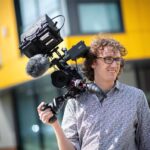
Neil Baker
Artist & Filmmaker
Electric Egg, UK
Co-founder of Electric Egg, Neil is an artist, filmmaker, animator and illustrator. Working as a creative practitioner within the arts and heritage for over 15 years Neil has created large scale, animated projections on heritage sites, been an animator in residence, created physical, digital and AR arts trails, illustrated books and created a number of documentary films. Neil’s company Electric Egg, co-founded with Steven Hatton has a strong reputation in creating narrative driven film, animation and photography with the heritage and arts sector in the UK and abroad.
Session 2c
Chair: Dr Jim Cheshire
Anne Grady, Head Cultural Heritage Advisor, CULT Committee of the European Parliament, Brussels
‘Safeguarding Europe’s cultural heritage against climate change’
Abstract
Presentation of the Open Method of Coordination (OMC) report “Strengthening Cultural Heritage Resilience for Climate Change”, published in September 2021.
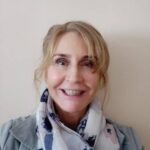
Anne Grady
Head Cultural Heritage Advisor
CULT Committee of the European Parliament, Brussels
Anne is a seconded expert from the National Museum of Ireland (Head of Development) to the CULT Committee of the European Parliament, working with the Secretariat of the Committee. Amongst other duties, she co-ordinates and assists Members in drafting legislative and non-legislative reports and opinions, and defines policy lines and advises on the European Commission’s proposals relating to cultural heritage. She also ensures the continuation of the legacy of the European Year of Cultural Heritage 2018 as well as raising awareness of sustainability, and in particular, the impact of climate change on cultural heritage. She presents at the Heritage.Dot conference in a personal capacity.
Geoff Belknap, Keeper, National Museums Scotland, UK
Dr Alex Fitzpatrick, Research Associate, National Science and Media Museum, UK
‘Opening up the Archive: An Approach to Volunteer-led Citizen Science in the Museum and Online’
Abstract
This session will present the current work being done as part of the AHRC funded Communities & Crowds project. This will include a summary of the progress thus far, as well as the upcoming work planned for the rest of 2023, including the launch of our digital citizen science platform on Zooniverse. We will highlight the potential for this project to improve the accessibility of archival materials to local communities and provide perspectives from our local volunteers on how their work represents a shift in attitudes and assumptions regarding who gets to engage with heritage and how these complicated stories get told.
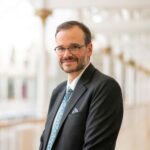
Geoff Belknap
Keeper
National Museums Scotland, UK
Geoff Belknap is a Keeper at National Museums Scotland.
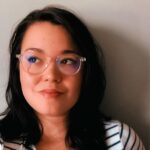
Dr Alex Fitzpatrick
Research Associate
National Science and Media Museum, UK
Dr Alex Fitzpatrick FSA Scot is a researcher currently based at the National Science and Media Museum, where she is working on the AHRC-funded Communities & Crowds project. She is also the co-host of the ArchaeoAnimals Podcast on the Archaeology Podcast Network and can be found blogging at www.animalarchaeology.com.


